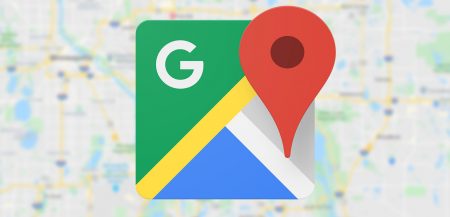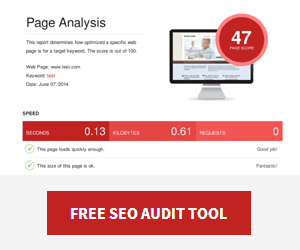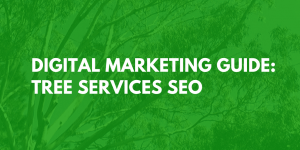Most of us use search engines multiple times in a day, but how much do you actually know about the way search engines work? Google and other search engines are working hard behind the scenes to create useful search results for us.
Before making a purchasing decision, consumers use Google or another search engine to find information on products and services.
 By gaining a deeper insight into how Google and other search engines work you can take steps to improve the visibility of your website in search engines results, gaining the maximum amount of traffic to your website. This process is know as search engine optimisation or SEO.
By gaining a deeper insight into how Google and other search engines work you can take steps to improve the visibility of your website in search engines results, gaining the maximum amount of traffic to your website. This process is know as search engine optimisation or SEO.
Every business owner should have an understanding of how search works, or risk being left behind by their competitors.
Crawling & Indexing
Search engines begin by “crawling”. This very simply means that they scan the internet for websites (by following links between pages) and acquire all of the relevant information about those sites such as page titles, keywords, and meta-descriptions.
The web is a competitive space – There are over 60 trillion individual pages and growing!
Only when a website is crawled can it show up in search results, and there are things that website owners can do to hurry this process along. A great way of ensuring that spiders are regularly crawling your site is by creating internal links within pages and also ensuring that there are inbound links from other websites.
Once websites are crawled, they are sorted by their content and other factors. This process is called indexing. You can think of it just like a library catalogue – a carefully ordered bulk of data that Google can find as and when it needs it.
Search queries and keywords
Google uses a number of algorithms so that it can best understand what people mean for different search queries. This means that if you mis-spell something in the Google search box, Google will recognise this and provide you with meaningful results based on what you intended to search for. Google will also feed you relevant results based on synonyms of your search. For example, if you are searching for “Melbourne nightlife” Google will intuitively include relevant results around keywords such as “Melbourne clubs”.
Every website owner should undertake adequate keyword research to optimise their website for the keywords their customers are using. Google has created a keyword research tool so that website owners can find words and phrases that are commonly searched for within their niche and structure website content around this accordingly.
Search engine ranking
Once Google has interpreted the keywords in a search querie, the search engine uses complex algorithms to determine which web pages will provide the most value to readers, and these pages will be listed first. Factors that contribute to the position, or search engine ranking of a web page include the age of a domain, the number of authority sites linking into that web page, the number of words on the page, the positioning of keywords, and over 200 other signals.
Google is constantly updating their algorithms to optimise their search results, with daily fluctuations.
Website owners and search engine optimisation, or SEO professionals dedicate huge amounts of time to understanding these algorithms in order to ensure their web pages rank highly for certain keywords. If your website operates within a niche, you should also be thinking of ways to create content that Google deems useful so that you can rank above competitor sites.
Search engine rankings are also personalised for each user based on their previous browsing history, so might see your website ranking higher than the same search for someone else. It’s a good idea to use SEO Tools to independently track website ranking.
Paid and organic search results
There is no commercial bias to ensure that one website ranks above another in natural, or organic search results. You may have noticed, however, that Google also features highlighted search results, which are usually located at the top of the page and on the right hand side of the page. These search results have been paid for via the Adwords program on a Pay Per Click (PPC) basis.
Any website owner can create an Adwords account and display paid ads that show when a user searches for a specific keyword. Only when a user actually clicks on the link do they have to pay Google for the advertising space. Paid listings are ranked based on an ‘auction’ type system where different companies bid on their target keywords.
The more you learn about search engines the better. You will improve results from your own SEO strategies, and have a better understanding of SEO packages if you hire a professional.


















No Comment
You can post first response comment.